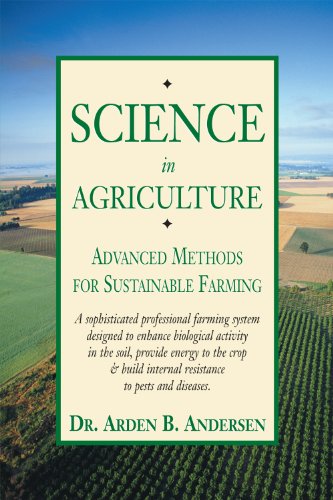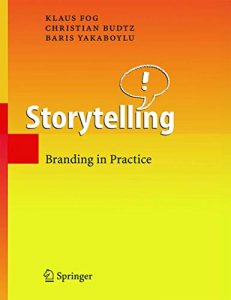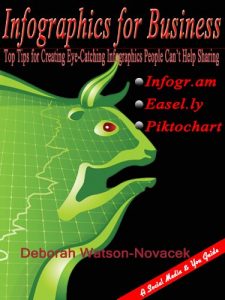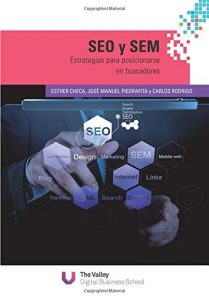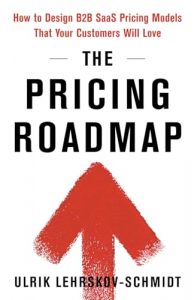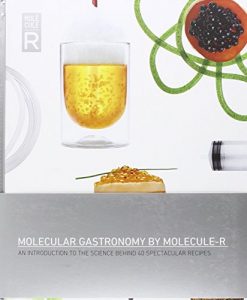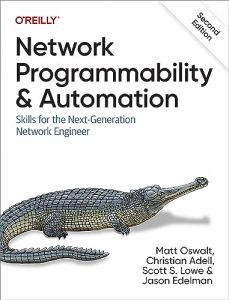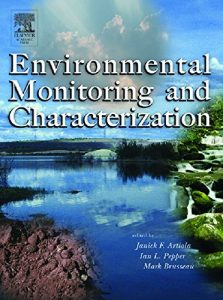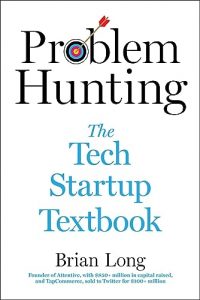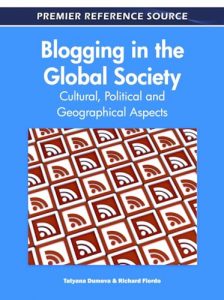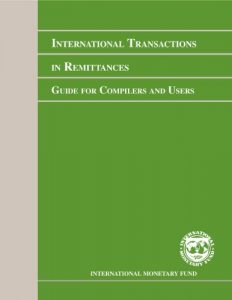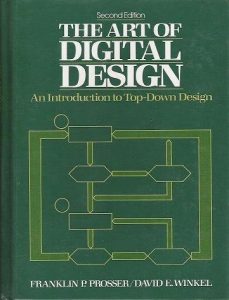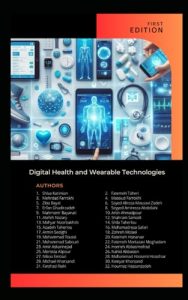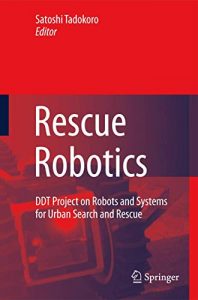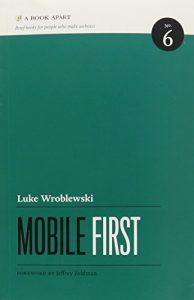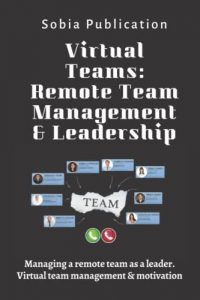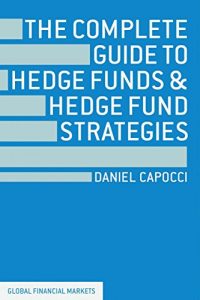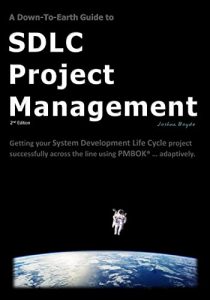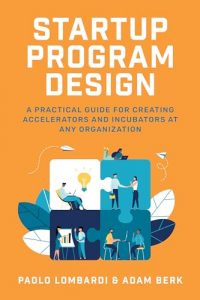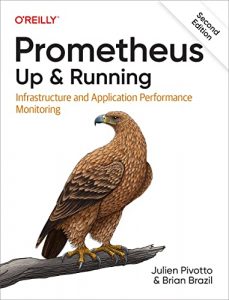Setting the Stage for Modern Agriculture
Agriculture, the cornerstone of human civilization, is continuously evolving, embracing new technologies and methods that enhance productivity while ensuring sustainability. In today’s world, where food security is paramount, understanding the interplay between technology and agriculture is essential. This blog post delves into insightful books that explore agriculture technology through the ages, examining how innovation has transformed farming practices, crop yields, and sustainability.
Whether you are a farmer looking to adapt to the latest advancements, a student of agricultural sciences, or simply an enthusiast eager to learn more, this curated list of books will stimulate your understanding and appreciation of agricultural technology. From environmental impacts to historical perspectives, these books promise to enrich your knowledge and inspire future generations in the vital field of agriculture.
Featured Book: Science in Agriculture: Advanced Methods for Sustainable Farming
“Science in Agriculture: Advanced Methods for Sustainable Farming” is a visionary work that presents cutting-edge techniques for implementing sustainable practices in modern farming. The authors explore a range of innovative strategies that leverage new technologies to enhance crop production while minimizing environmental harm. With an emphasis on methods that are both practical and effective, this book serves as an invaluable guide for farmers and agronomists alike. The comprehensive overview of sustainable agriculture practices paired with scientific underpinnings makes this title a must-have for anyone committed to advancing the field of agriculture. If you’re seeking practical advice grounded in research, this book is your ultimate companion.
American Agriculture: A Brief History, Rev. Ed.
Discover the rich history of farming in the United States with “American Agriculture: A Brief History, Rev. Ed.” This book encapsulates the evolution of agricultural practices through critical periods of American history. It offers a detailed narrative that illustrates how technology has reshaped agriculture from colonial times to the present day. As a reader, you will gain insights into how economic, political, and technological forces have influenced the agricultural landscape. This historical context is crucial for understanding current trends and challenges in the field, making this title essential for anyone interested in the roots of our agricultural systems.
The Great Regeneration: Ecological Agriculture, Open-Source Technology, and a Radical Vision of Hope
For those hungry for optimism about the future of farming, “The Great Regeneration: Ecological Agriculture, Open-Source Technology, and a Radical Vision of Hope” delivers an inspiring message. This book emphasizes the importance of ecological agriculture and outlines how open-source technology can empower farmers to innovate sustainably. It presents a compelling vision where community engagement and ecological stewardship lead the way in agricultural practices. It’s a must-read for anyone interested in a hopeful and practical approach to future food systems.
Industrializing the Corn Belt: Agriculture, Technology, and Environment, 1945–1972
Explore the intersection of industry and agriculture with “Industrializing the Corn Belt: Agriculture, Technology, and Environment, 1945–1972“. This comprehensive historical account examines how technological advancements post-World War II changed agricultural practices in the Corn Belt. Through a detailed investigation, this book sheds light on the environmental repercussions of industrial farming methods, emphasizing the need for sustainable approaches. It’s an essential read for understanding the mechanization of agriculture and its lasting impacts on society and nature.
Agriculture through the Ages: From Silk to Supermarkets
“Agriculture through the Ages: From Silk to Supermarkets” presents an engaging exploration of agricultural advancements across epochs. It highlights how various civilizations have contributed to the food systems we rely on today. Readers will appreciate the intricate connections between historical practices, technological developments, and modern challenges in agriculture. This book caters to both history buffs and agricultural professionals by weaving together narratives that celebrate the heritage of farming while emphasizing current practices.
Philanthrocapitalism and the Erosion of Democracy
Dive into the impact of corporate power on agriculture with “Philanthrocapitalism and the Erosion of Democracy: A Global Citizens Report on the Corporate Control of Technology, Health, and Agriculture“. This critical book examines how philanthropic ventures can wield significant influence over agricultural technology, often undermining democratic processes. As farming continues to evolve in the face of corporate interests, understanding these dynamics is crucial for advocates of sustainable agriculture.
Quality Agriculture: Conversations about Regenerative Agronomy
“Quality Agriculture: Conversations about Regenerative Agronomy with Innovative Scientists and Growers” opens up a dialogue about regenerative practices in agriculture. The contributors share innovative insights and practical experiences that pave the way for more sustainable farming systems. This title is particularly valuable for agronomists and anyone interested in the transformative power of regenerative practices.
Agriculture: Spiritual Foundations for the Renewal of Agriculture
For those interested in the spiritual dimensions of farming, “Agriculture: Spiritual Foundations for the Renewal of Agriculture” offers unique perspectives on the connections between land stewardship and spiritual practice. This book presents philosophical insights that encourage a deeper understanding of nature and its spiritual significance in the context of agriculture.
Tree Crops: A Permanent Agriculture
“Tree Crops: A Permanent Agriculture” explores the crucial role of tree crops in creating sustainable agricultural systems. It highlights the benefits of integrating tree crops into farming practices to enhance biodiversity, sustainability, and soil health. This title is an essential read for those looking to innovate and diversify their agricultural practices.
Agriculture: A Very Short Introduction
In “Agriculture: A Very Short Introduction“, readers are introduced to the essentials of agriculture, addressing fundamental concepts and recent developments in the field. This compact book serves as an excellent primer for anyone new to agriculture, covering key topics from historical evolution to contemporary challenges.

